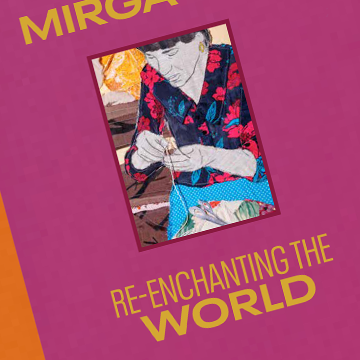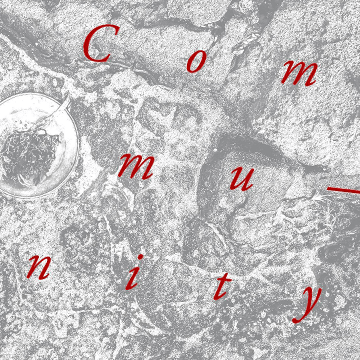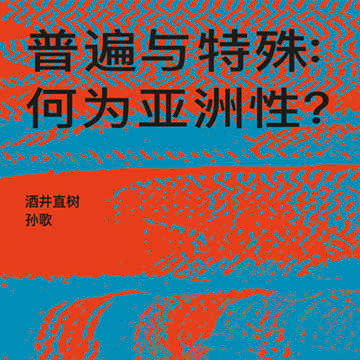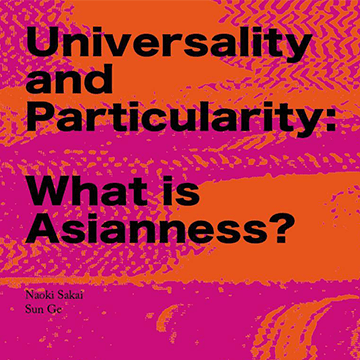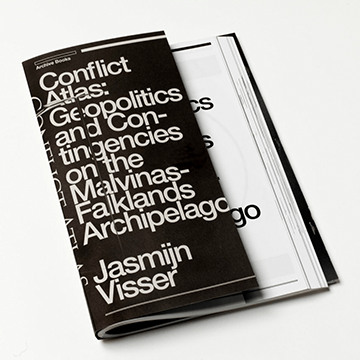Afghanistan is my father's homeland. He was born in Kabul in 1945 and later moved first to France, then to Switzerland in the 1970s. In my mind, Afghanistan exists as a geography with blurred edges, something I feel the need to reconcile with. It's a place I've only ever known through stories, a source of memories that, over time, have shifted and become distorted.
Tag: Identity
Like Swarming Maggots
Like Swarming Maggots: Confronting the Archive of Coloniality across Italy and Libya is Alessandra Ferrini’s first monograph. Featuring the artist’s long-term research on the colonial and neo-colonial relations between Italy and Libya through a critical engagement with the Italian ‘archive of coloniality’ and its structural violence.
Beneath the Surface
In a world where noise and silence perpetuate cycles of oppression and ecological destruction, Beneath the Surface invites us to pause, listen deeply, and use our voices to reclaim buried stories.
Destination: Tashkent
Between 1968 and 1988, the Tashkent Festival of Asian, African, and — from 1976 onwards — Latin American Cinema was held in Tashkent, Uzbekistan.
Forgive Us Our Trespasses / Vergib uns unsere Schuld – Reader (EN)
The Forgive Us Our Trespasses / Vergib uns unsere Schuld Reader explores radical and emancipatory significations and fabulations of trespassing, turning towards practices that transgress and reshape the boundaries of, among other dimensions, currency, governance, religion, spirituality, language, and artificial intelligence.
Vergib uns unsere Schuld / Forgive Us Our Trespasses – Reader (DE)
The Forgive Us Our Trespasses / Vergib uns unsere Schuld Reader explores radical and emancipatory significations and fabulations of trespassing, turning towards practices that transgress and reshape the boundaries of, among other dimensions, currency, governance, religion, spirituality, language, and artificial intelligence.
eBhish’
eBhish’ presents a chorus of voices on notions of Black social life, public communion and humanities of the Indian Ocean.
The Wall Between Us
When the outer world tells you who you are, who to be, and those in your immediate, unchosen community tell you to be another, how do we understand who we truly want to be? Away from prescribed imaginaries, how can we find our own reality? Should we even find an identity? Do we have a choice? Does it require asking humbly for allowance? When we receive recognition, does it risk furthering agendas that keep us in our "place"? Together, these poems, letters, anecdotes, interviews and stories demonstrate that living as a "member of the Asian diaspora" can never be presented as a singular expression. Moving through our world is a process of being emergent, sometimes in conflict, other times in collaboration, with a diasporic identity that continues to be ever more complex. Here we hope to find an opportunity to practice our own becoming.
Re-enchanting the World
Re-enchanting the World is a publication accompanying Małgorzata Mirga-Tas’s exhibition of the same name, shown in the Polish pavilion at the 59th Venice Biennale. The exhibit is Mirga-Tas's manifesto on Roma identity and art, drawing inspiration from the Renaissance frescoes of the Palazzo Schifanoia in Ferrara and thus attempting to expand the European iconosphere and history of art with representations of Roma culture.
Jane Jin Kaisen. Community of Parting
Community of Parting is an extension and continuation of Jane Jin Kaisen’s artistic practice. Kaisen brings past and present, the eternal and the temporal into play through layered, performative and multi-voiced, feminist works that explore topics such as memory, war, migration, and borders in a field where individual experiences and collective stories intersect. Her works negotiate and mediate the means of representation, resistance and reconciliation, thus forming alternative genealogies and sites of collective emergence.
普遍与特殊:何为亚洲性?
《普遍与特殊:何为亚洲性?》这本小书的出版并非一桩小事。一方面,这本出版物包含了酒井直树教授与孙歌教授近期思想实践的一个小切片。他们共同阐述了亚洲的概念在研究我们的区域历史时可以提供的先验性视角,以及重新审视被广泛接受的普遍性与特殊性的关系中遗漏的一些问题。
Universality and Particularity: What is Asianness?
The publication of this book, Universality and Particularity: What is Asianness?, is not a trivial matter. It contains a small segment from the recent thinking of professor Naoki Sakai and professor Sun Ge. Together they elaborate on the transcendental perspectives that the notion of Asia could provide in terms of entering regional histories, and of re-examining the issues left out in the assumed relationship between universality and particularity.
Conflict Atlas
Conflict Atlas looks at history through the perspective of the Falklands Islands/Islas Malvinas. Global events are mirrored to local proceedings on the archipelago. Through this method it explores trade routes, colonial enterprises, patterns of migration, questions of identity, strategies in warfare and the role of the climate in social issues. Conflict Atlas comprises texts, maps and archival materials. Starting from the case of the Falklands/Malvinas it aims to create a field of tensions by the multiplication and stratification of geographical sites, historical times and subjective views.








